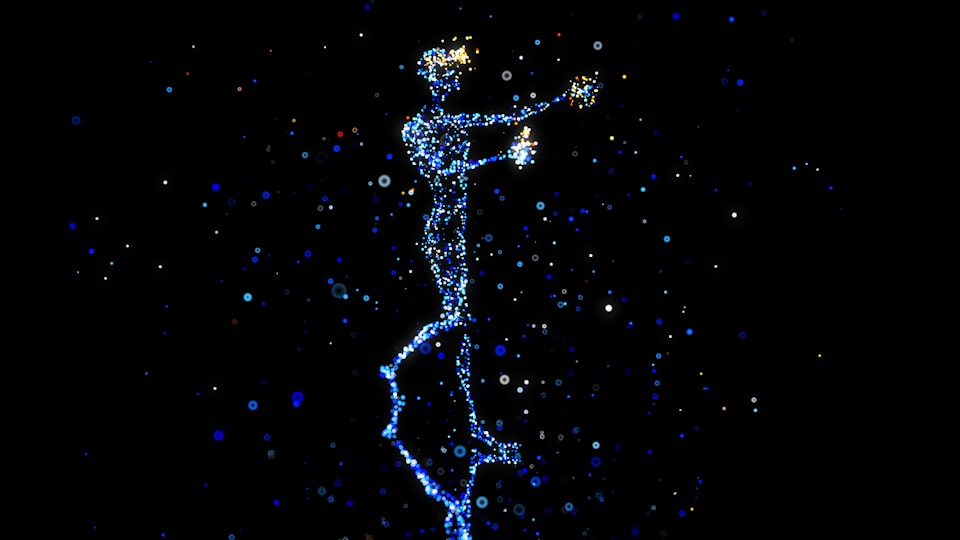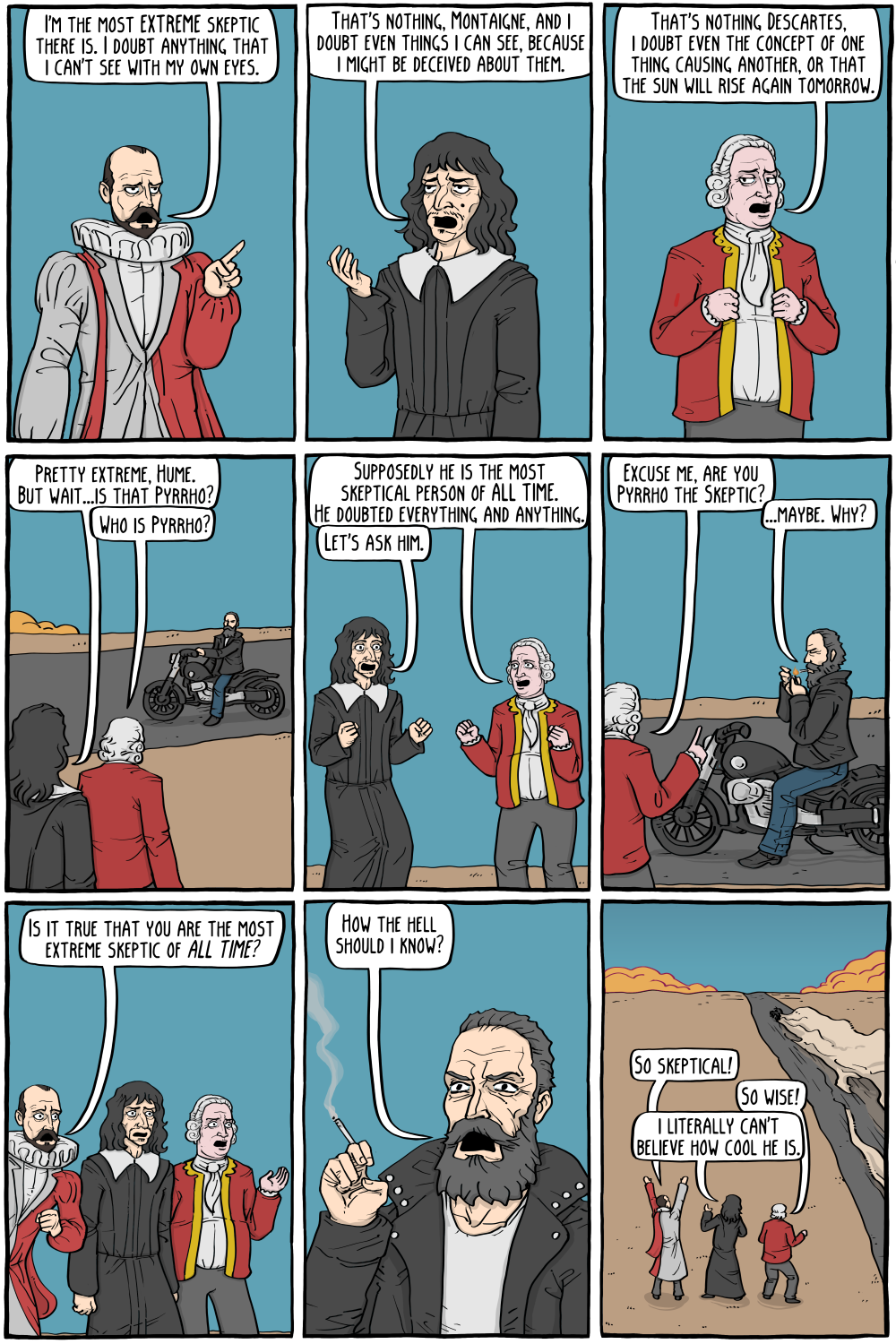alignment III - reality

Read the whole series here:

I ended my last post in this series with some bold claims:
For the naturalists, nature is their god, science is their religion, and scientists are their priests.
The naturalist may call us to “trust the science,” or “listen to the scientists” in the same way a faithful parishioner might say, “have faith in God,” or “the pastor knows best.” The naturalist holds scientists and their words in the same venerable light as the religious do for their religion. All of us hope that our respective priests have access to the truth, and we put our faith in them, because we trust their methods.
Science, as a method, is the systematic application of reality checks to a specific type of belief concerning nature. Science itself assumes an objective reality against which we can test and compare our hypotheses. If we believe a ball will drop when nothing supports it, we can test it by putting a ball in a situation where nothing supports it, then observe what happens. If our observations of reality contradict our hypothesis, we can safely call the hypothesis “false,” which is a positive quality statement about the nature of reality.
But since we're humans, and the scientific method is iterative, it gets a little messy. In that mess, we start to lose people. Using the example above, in most cases, the ball will drop when it remains unsupported. But what if the ball is made of very thin rubber and filled with helium? At that point, the ball will fly away into the atmosphere, leaving us scratching our heads in confusion.
Some might respond to such a situation by saying, “Science is wrong,” but science can't be wrong: it's just a method to test our beliefs against reality. So then another person might say, “We were misinformed!” and subsequently start an esoteric cult of people who believe that gravity is a lie perpetuated by the government to control us. But the intelligent person will not blame “science” as if science were a person with motivation to lie to us. The intelligent person will also not reject all past or current experience simply because he's presented with new information. The intelligent person will, however, adapt his beliefs to conform more closely with his observations.
In my previous post, I wrote (somewhat ironically) about the Existentialists. They were the first group of philosophers to seriously question our ability to understand or experience reality. Famously, they came to the conclusion that, using the tools of logic and reason, they cannot be certain of their own existence, or, slightly more accurately, that they couldn't be certain about the certainty of their existence. By and large, the movement was a world-changing recognition that logic and reason alone (which are the tools of both philosophy and science) are inadequate to explain or describe the reality from which they themselves are derived. Science had the benefit of using observable reality as a presupposition (probably because of the survival and economic benefits of doing so). Western philosophy, which is only comfortable with a narrow range of classically provable ideas, wasn't so comfortable with this.
Despite the relative obscurity of its earliest framers, Existentialism entered the popular notice at a time when people were already replacing their belief in reality with a faith in logic and reason. Popular (rather than academic) Existentialism took hold when the dissemination of the scientific method of thinking was simultaneously calling people to question their own lived experience and replace their natural process of discovering reality with rigorous, logical tests. But without the presupposition that observable reality should guide those tests, it produced nonsense.
And when I say nonsense, I mean it in the classical sense. Though Modern thought and skepticism had more to do with the birth of cultural nihilism than Existentialism did, we have culturally arrived at a point where we're more willing to say that nothing is real (or that multiple contradictory or mutually exclusive realities simultaneously exist, which means the same thing) than to admit that we can come to accurately understand objective reality through subjective (i.e., individual) experience. We've taken this so far as to use the very word “subjective” to describe things we believe to be false.
To summarize, today's popular idea that there is no objective reality–or that, if there is, we cannot understand or interact with it–is a blatant misunderstanding of the fact that logic and reason, per se, can't prove reality's existence. The Naturalism I describe in the quote above is the dogmatic (and false) belief that, if we only had the resources, we could somehow “prove” reality, then move on happily with perfect understanding of the world around us. When people become disenchanted by this falsehood, if they are still intent on putting their faith in reason and logic, they have no choice but to move into nihilism if they're bold, or give up on metaphysics and regress back into the philosophical cave where everyone accepts reality, but no one acknowledges it.
Here's a relevant Existential Comic!


